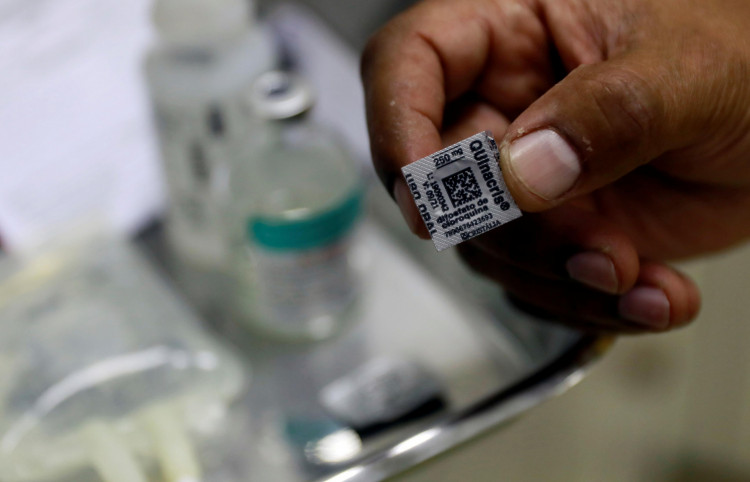In a significant stride towards combating malaria, the World Health Organization (WHO) has given its nod to a second vaccine against the life-threatening disease. This decision could potentially provide nations with a more cost-effective and readily available alternative to the world's inaugural shot against this parasitic ailment.
WHO Director-General, Tedros Adhanom Ghebreyesus, announced the U.N. health agency's endorsement of the new malaria vaccine, which was based on the recommendations of two expert groups. The vaccine is specifically advised for children who are at risk of contracting the disease. "As a malaria researcher, I used to dream of the day we would have a safe and effective vaccine against malaria. Now we have two," Tedros remarked.
The latest vaccine, a product of collaboration between Oxford University and the Serum Institute of India, has shown promising results. Preliminary research indicates its efficacy to be over 75%, with the protection lasting for at least an additional year when supplemented with a booster shot. Tedros highlighted the vaccine's affordability, with its price ranging between $2 to $4. If financial backers concur, the vaccine could be available in select countries as early as next year.
This development comes on the heels of regulatory approvals for the vaccine in Ghana and Burkina Faso earlier this year. However, John Johnson from Doctors Without Borders cautioned against viewing this as a panacea. "This is not the vaccine that's going to stop malaria," he stated, emphasizing the continued importance of other preventive measures like bed nets and insecticide sprays.
In 2021, the WHO had endorsed the first-ever malaria vaccine, Mosquirix, developed by GSK. This was hailed as a groundbreaking initiative to counteract the severe impact of malaria, especially in Africa, which witnesses the majority of the global 200 million cases and 400,000 fatalities. However, Mosquirix's effectiveness is approximately 30%, necessitating four doses, and its protection diminishes within a few months.
The Bill & Melinda Gates Foundation, a significant supporter of the GSK vaccine, had retracted its financial support for Mosquirix's distribution last year. The foundation cited the vaccine's suboptimal effectiveness and opined that the funds could be better utilized elsewhere.
Alister Craig, an emeritus professor at the Liverpool School of Tropical Medicine, opined that countries currently vying for the GSK vaccine might be better off switching to the Oxford variant. He believes that a widespread rollout of the new vaccine across Africa could substantially reduce severe malaria cases and related deaths within a few years.
However, neither vaccine halts transmission, implying that vaccination drives alone won't suffice to prevent outbreaks. The fight against malaria is further challenged by emerging drug resistance and the proliferation of invasive mosquito species. Craig remarked, "You would be foolish to think that this vaccine is going to be the end of the malaria story."
In another noteworthy decision, WHO's expert panel also approved the dengue vaccine produced by Takeda, which had previously received the European Union drug regulator's endorsement. Dengue, prevalent in tropical regions of Latin America and Asia, can lead to severe complications, including internal bleeding and organ damage, in acute cases. The Takeda dengue vaccine is recommended for children aged 6 to 16 in high-prevalence regions.





